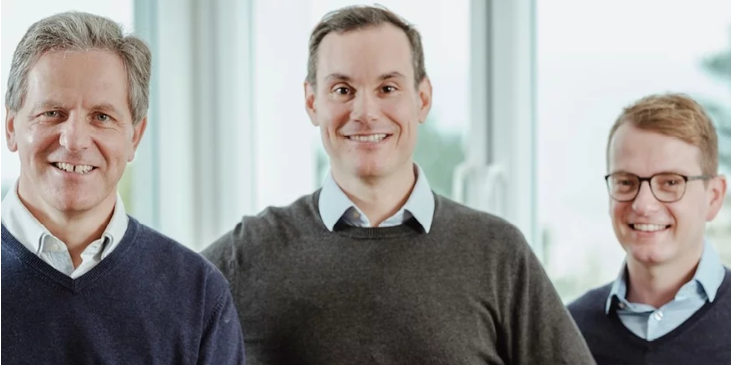The former head of oncology research at Shire has raised money (PDF) to go after a solid tumor target once pursued by his former employer. Randolf Kerschbaumer, CEO of OncoOne, is working with other ex-Shire employees to target oxidized macrophage migration inhibitory factor (oxMIF) using several different modalities.
Kerschbaumer and his two co-founders, Michael Thiele and Alexander Schinagl, ended up at Shire as a result of the spinning out and subsequent sale of Baxalta. BAX69, also known as imalumab, went on the journey from Baxter to Baxalta to Shire, too, but its progress ground to a halt along the way. In 2017, Shire terminated a phase 2a in colorectal cancer “based on overall benefit-risk assessment.”
Now, Kerschbaumer, Thiele and Schinagl have secured funding for a fresh crack at oxMIF. The team’s interest in oxMIF is underpinned by the target’s presence in multiple solid tumor types and absence from healthy tissues.
“It is formed by posttranslational mechanism during disease progression, whereas other tumor targets that are currently the focus of other companies are present at low levels in healthy tissues as well,” Kerschbaumer said.
The potential of the target has enabled OncoOne to raise a €13 million ($14.3 million) series A round. The Austrian Research Promotion Agency, an Austrian federal development and financing bank and two family offices participated in the round.
OncoOne will use the cash to fund work on three anti-oxMIF candidates with different mechanisms of action. Kerschbaumer sees advantages to testing candidates with different modalities rather than focusing on one approach at this early stage.
“We want to fully explore the overall potential of oxMIF by advancing candidates with different modalities,” the CEO said.
The series A will support work on the three candidates in four target indications, namely colorectal, pancreatic, ovarian and lung cancers. OncoOne selected the indications in part based on clinical data on BAX69, which was tested in phase 1 in all comers before Baxalta narrowed its focus to colorectal cancer for phase 2. If OncoOne’s work goes to plan, the funding will enable it take at least one of its three candidates into the clinic.
Kerschbaumer and his co-founders have put together a small team, which will soon hit nine people, including themselves, to advance the candidates toward tests in humans. Working out of offices and laboratories at the Vienna BioCenter, the team is handling about half of the scientific work involved in taking the drugs forward and outsourcing the rest to CROs and partners. Having previously worked out of the University of Natural Resources and Life Sciences, OncoOne sees benefits to its new home.
“This [Vienna BioCenter] cluster houses top-tier institutes and biotech companies, so we are in a very good position to further our pipeline and also our research efforts,” Kerschbaumer said.

